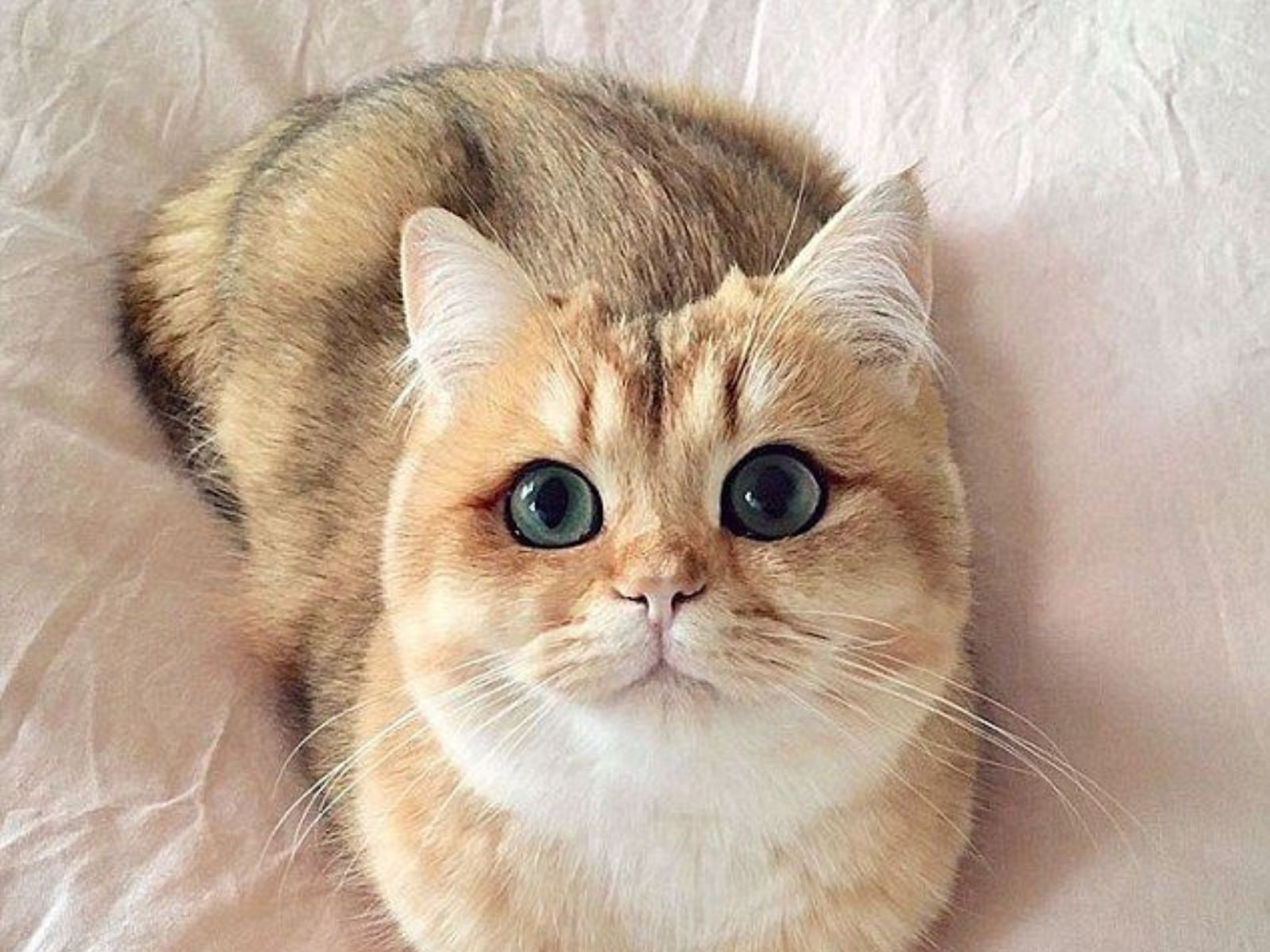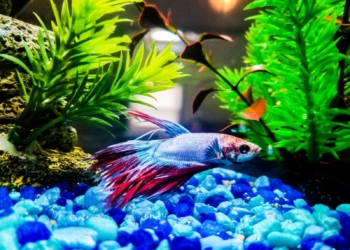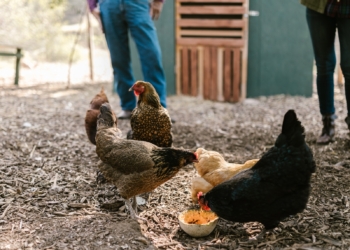Cats are known for their independence, agility, and playful nature. However, some cats may have special needs that require extra attention and care. In this article, we will explore the topic of cats with special needs, focusing on understanding and providing proper care for a cat with mental or physical disabilities.
Whether you are a cat owner or someone interested in learning more about these amazing animals, this article will provide valuable insights and guidance.
Understanding Special Needs Cats
It is important to understand the retarded cats to help them in a proper way. Let’s have a quick look.
What is a Special Needs Cat?
A special needs cat refers to a feline companion that requires extra care due to mental or physical disabilities.

These disabilities can include cognitive impairments, neurological disorders, mobility issues, or sensory deficits. While caring for a special needs cat may pose some challenges, it is a rewarding experience that allows you to impact their lives positively.
Common Types of Disabilities in Cats
Cats can experience various disabilities that impact their quality of life. Some common disabilities include blindness, deafness, paralysis, and cognitive impairments. Each disability requires a unique approach to care and management.
How to Identify a Retarded Cat?
There are certain signs and symptoms to identify a retarded cat. Finding them can be challenging, as the symptoms may not always be apparent. Some common signs include abnormal behavior, difficulty learning, poor coordination, and lack of responsiveness.
If you suspect your cat has special needs, it is crucial to consult with a veterinarian for a proper diagnosis. Veterinary professionals are trained to assess and diagnose special needs in cats.
They will conduct a thorough examination and recommend appropriate treatments or management strategies. Working closely with a veterinarian will ensure your cat receives the best possible care.
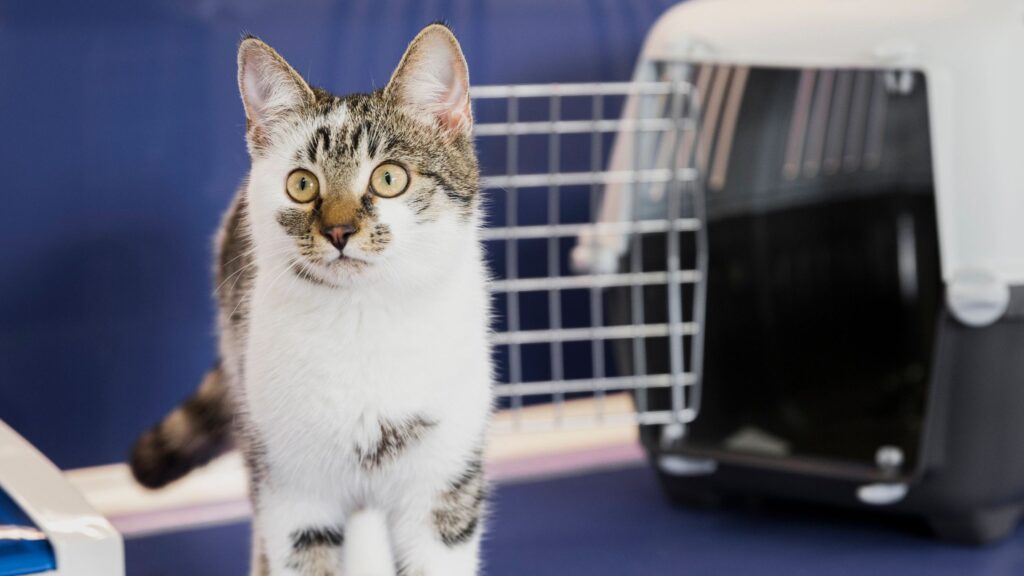
How to Create a Safe and Enriched Environment?
It is important to provide a suitable living space that includes stimulating toys and activities for your cat. Adapting your home to accommodate a special needs cat is essential.
Ensure that the living space is safe, comfortable, and easily accessible. Provide ramps or steps for cats with mobility issues and eliminate potential hazards.
Special needs cats can also benefit greatly from interactive toys and engaging activities. Puzzle toys, treat-dispensing toys, and scratching posts can provide mental and physical stimulation. Rotate the toys regularly to keep the cat’s interest and prevent boredom.
Nutrition and Health Care
Some special needs cats may require a specific diet to address their unique health conditions. Consult with a veterinarian to determine the appropriate nutrition plan for your cat. High-quality, balanced cat food that meets their specific needs is essential for their overall well-being.
Regular veterinary check-ups are also important in the case of retarded cats. They need to monitor regularly for their health and address any emerging issues. Routine examinations, vaccinations, and preventive treatments are crucial for maintaining their well-being.
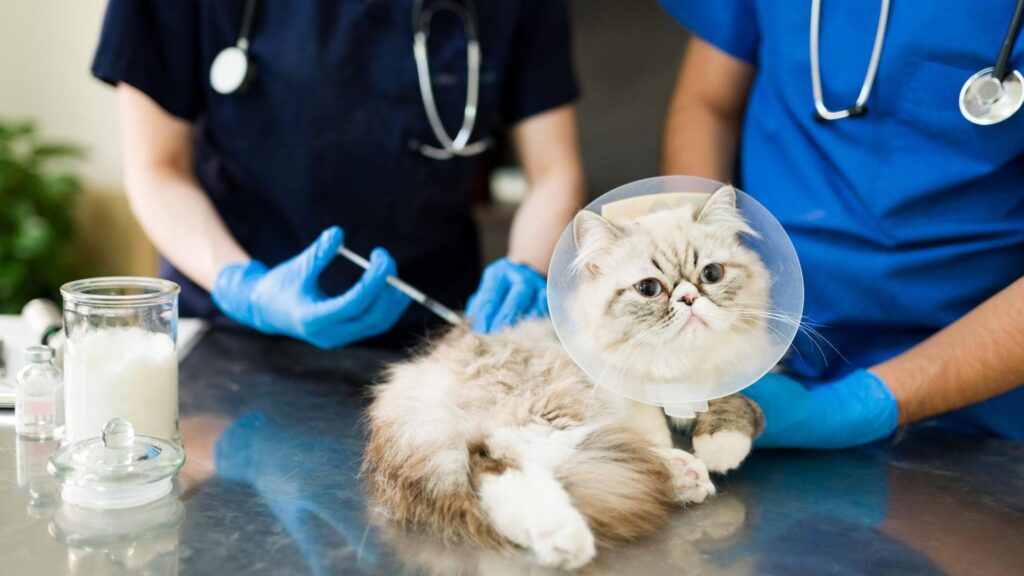
Mental and Physical Stimulation
Engaging your special needs cat in play and exercise sessions is important for their physical and mental health.
Interactive toys, laser pointers, and feather wands can encourage movement and stimulate their natural instincts. Always adapt the activities to their individual abilities and limitations.
You can also try implementation training techniques to help special needs cats learn new skills and improve their overall behavior. Utilize positive reinforcement techniques, such as treats and praise, to encourage desired behaviors.
Be patient and consistent in your training efforts, understanding that progress may take time.
How to Teach Them about Socialization and Bonding
Special needs cats require a nurturing and supportive environment to thrive. Shower them with love, attention, and affection. Establish a routine to provide stability and create a sense of security for your cat.
If you have other pets, you can also introduce your retarded cat to them gradually and under controlled circumstances. Allow your special needs cat to adjust to their new environment at their own pace. Then, you should monitor their interactions closely to ensure the safety and well-being of other people.
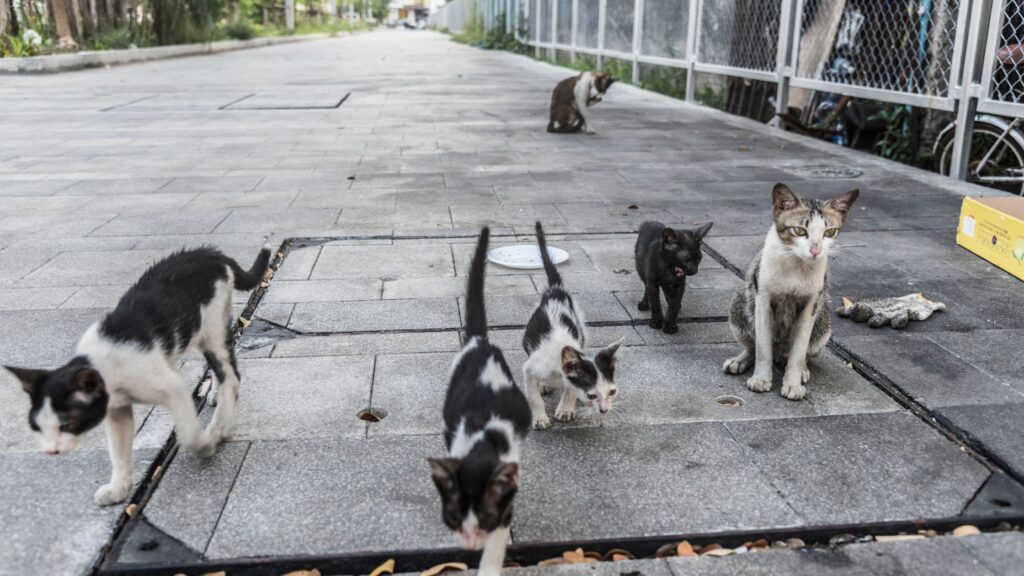
How To Maintain the Grooming and Hygiene of Retarded Cats?
Grooming the retarded cats may require additional care and attention. Brush their coat regularly, trim their nails as needed, and clean their ears and teeth to maintain good hygiene. If necessary, seek professional grooming assistance to ensure their comfort and well-being.
Also, establishing a grooming routine can help your cat become familiar and comfortable with the process. Start slowly and gradually increase the duration of grooming sessions. Reward your cat with treats or praise to create positive associations with grooming activities.
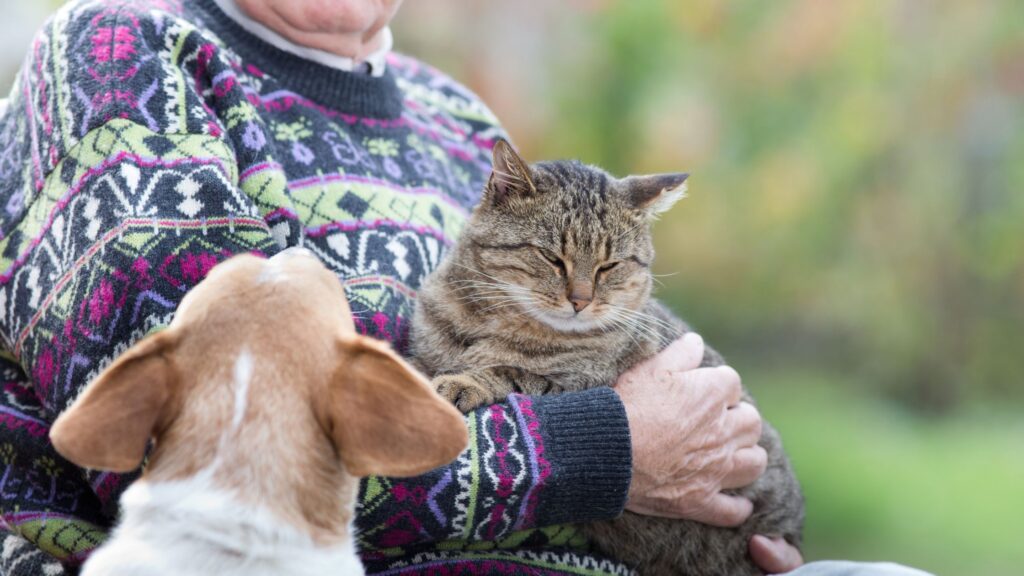
Understanding the Emotional Needs
Special needs cats may experience anxiety or stress due to their disabilities or changes in their environment. Be observant of their behavior and body language to identify signs of distress.
Provide them with a quiet and safe space where they can retreat when feeling overwhelmed. Also, use techniques to comfort your retarded cat. Comforting techniques, such as gentle petting, soft music, or using calming aids, can help soothe and reassure a special needs cat.
Each cat is unique, so experiment with different approaches to find what works best for them.
How Can You Deal with Challenges?
Special needs cats may exhibit challenging behaviors at times. Patience and understanding are key to addressing these issues. Consult with a veterinarian or a professional animal behaviorist to develop strategies tailored to your cat’s specific needs.
If you are struggling to provide the necessary care for your special needs cat, do not hesitate to seek professional assistance. Veterinary behaviorists and animal welfare organizations can provide guidance, support, and resources to help you overcome challenges and enhance your cat’s well-being.
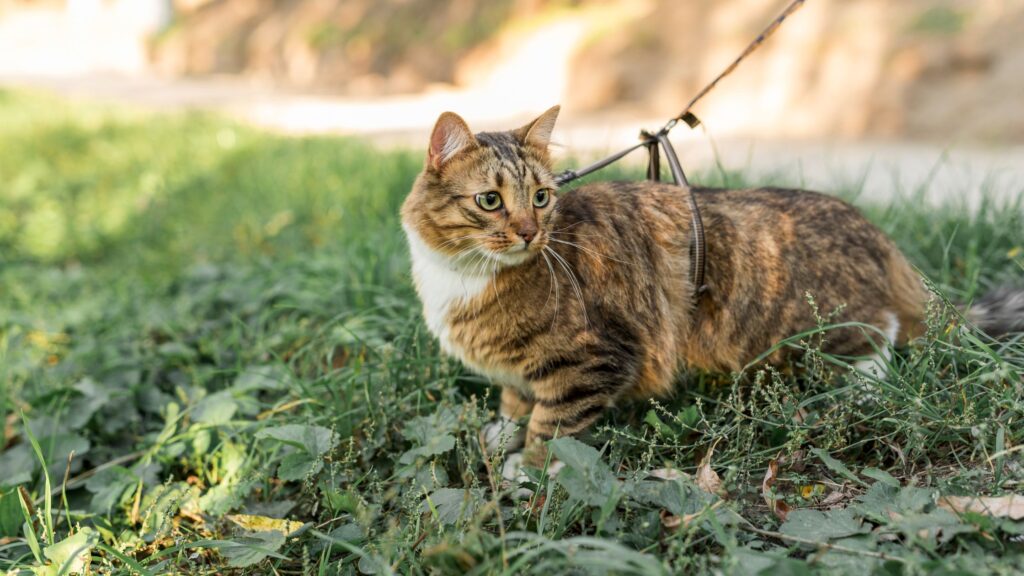
The Bottom Line
Caring for a special needs cat requires patience, compassion, and a willingness to adapt to their unique requirements. By understanding their disabilities and providing the necessary support, you can significantly improve their quality of life. You can focus on adding better nutritional foods like Sardines, Spinach, etc. to their diet.
Remember, each cat is an individual, and their needs may vary. Celebrate the joys and triumphs of caring for a special needs cat, and embrace the bond that grows between you.
